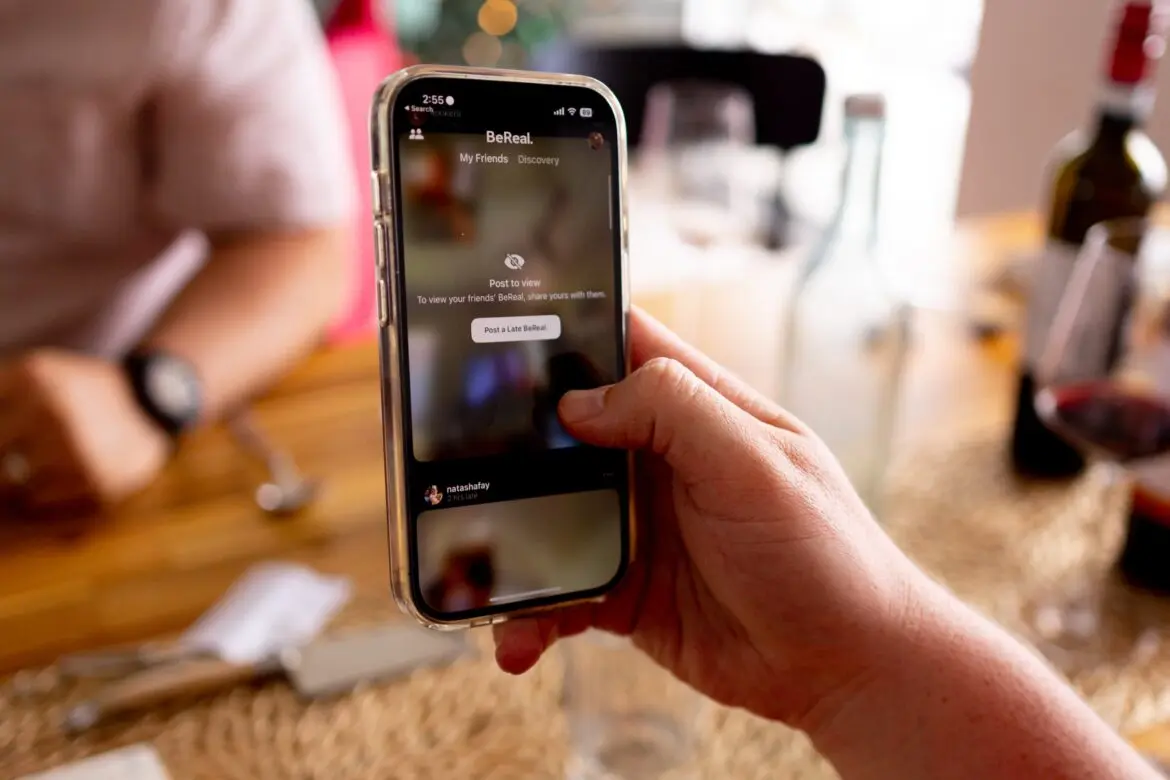Are we living, or are we merely existing?
This question has become increasingly relevant in a world dominated by social media apps. As our lives intertwine with virtual platforms, are we inadvertently succumbing to the banality of life?
From the enticing allure of likes and followers to the hidden consequences of constant comparison, join us as we explore how these digital landscapes shape our perception of reality, hinder genuine connections, and possibly impede our personal growth.
Rise of Social Media Apps
Social media apps have transformed the way we communicate, connect, and share information. Platforms like Facebook, Instagram, Twitter, and TikTok have taken the world by storm, captivating billions of users worldwide.
The initial promise of staying connected with friends and family quickly evolved into something much more significant—a virtual identity through carefully curated posts and captivating stories.
The Illusion of the Highlight Reel
Social media apps have a peculiar way of presenting only the best aspects of our lives. Scrolling through an endless feed of picture-perfect vacations, gourmet meals, and glamorous events, it’s easy to fall into the trap of comparison.
We unwittingly measure our own lives against carefully cultivated highlight reels, perpetuating the banality of our own existence. Unknowingly, we become envious of the seemingly perfect lives on our screens, draining our own happiness and contentment.
“Comparison is the thief of joy.” – Theodore Roosevelt
The Quest for Validation
One of the primary appeals of social media apps is the instant gratification they provide. Likes, comments, and follower counts are the currency of virtual validation.
We find ourselves seeking external affirmation and basing our self-worth on the number of likes garnered or followers amassed.
This quest for validation often takes precedence over genuine personal growth, hindering our ability to uncover our true passions and purpose.
“We are not defined by our numbers; we are defined by our impact.” – Amy Jo Martin
The Superficiality of Virtual Connections
While social media apps claim to foster connections, their true impact on genuine relationships is questionable. The ease of a double-tap or a generic comment often replaces deeper interactions and meaningful conversations.
Our connections become superficial, built upon the foundation of likes and emojis rather than shared experiences and vulnerabilities.
“We’re a generation of idiots, smartphones, and dumb people.” – Gary Turk
The Erosion of Privacy and Mental Well-being
Social media apps seamlessly integrate into every aspect of our lives, blurring the line between the online and offline existence. Constant exposure to the virtual world can lead to a feeling of constant surveillance, infringing upon our privacy.
Additionally, the negative effects on mental health, such as anxiety and depression, have been widely reported. The curated perfection of social media can induce feelings of inadequacy, amplifying society’s obsession with external validation.
“Privacy is not something that I’m merely entitled to, it’s an absolute prerequisite.” – Marlon Brando
Rediscovering Authenticity and Growth
As we navigate the complex terrain of social media apps, it is crucial to strike a balance between the digital and real worlds. Here are some strategies to reclaim authenticity and personal growth in this modern era:
1. Digital Detox
Taking regular breaks from social media apps can be immensely beneficial. Allocating time for introspection and focusing on real-life interactions helps rediscover personal values and reassess priorities.
2. Cultivating Offline Relationships
Nurturing genuine connections with family and friends offline is essential. Investing time in face-to-face conversations deepens relationships, fosters empathy, and provides a sense of genuine connection that social media apps often lack.
3. Embracing Imperfections
Striving for perfection on social media is an endless pursuit. Embracing imperfections and celebrating authenticity helps create a more balanced approach to life. Sharing vulnerable moments can foster empathy and encourage others to embrace their imperfections too.
4. Mindful Consumption
Practicing mindful consumption of social media content involves consciously curating the profiles we follow and limiting exposure to negative influences. Surrounding ourselves with uplifting and inspirational content can positively impact our mental well-being.
5. Fostering Creativity Beyond the Screen
Redirecting the time spent on social media into creative outlets, such as art, writing, or hobbies, can help unlock personal growth and self-expression. Engaging in these activities allows for a deeper understanding of oneself and nurtures meaningful connections with others who share similar passions.
Conclusion
In an increasingly digital world, it is essential to recognize the banality of life that can arise from overindulgence in social media apps. By understanding the allure of comparison and validation, the superficiality of virtual connections, and the erosion of privacy and mental well-being, we can take steps towards reclaiming authenticity and personal growth. Striking a balance between the digital and offline worlds, embracing imperfections, nurturing genuine connections, and fostering creativity beyond the screen can help us rediscover the beauty and richness of life outside the realm of social media apps.
“Life isn’t about finding yourself, it’s about creating yourself.” – George Bernard Shaw

